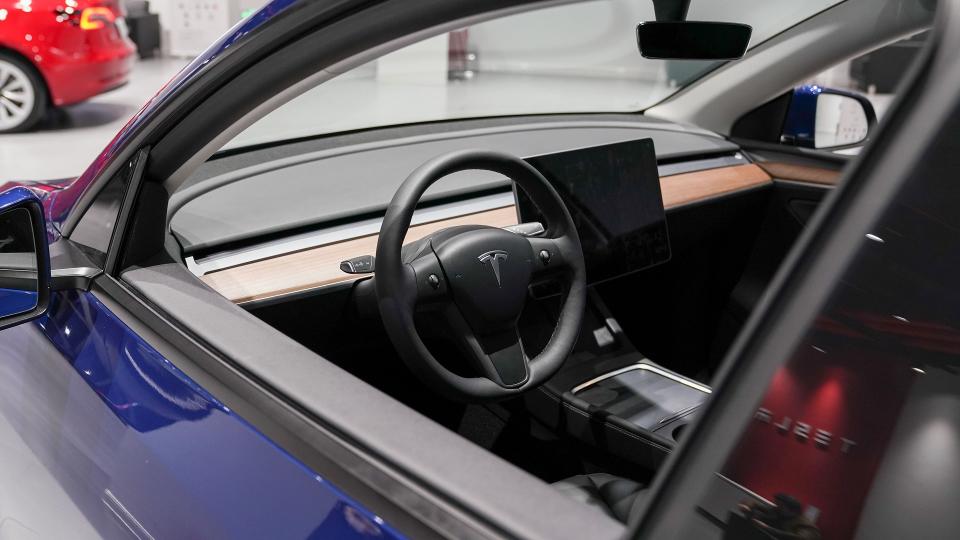
Misinformation about electric cars is widespread. If this misinformation keeps you from buying one, it can be costly, not only to you but also to the planet. Here are five Electrical Vehicle Myths from EPA and myEV.
I’m a Mechanic: Here Are the 6 Best Luxury Cars I Recommend
More: 3 Things You Must Do When Your Savings Reach $50,000
Sponsored: Get Paid To Scroll. Start Now
Mistaken Myths: Busted
-
Electric vehicles are worse for the climate than gasoline cars because of power plant emissions. Not so, says EPA. In fact, EVs generally have a smaller carbon footprint than gasoline cars because they have no tailpipe emissions. As for the impact of generating the electricity to charge these cars, “research shows that an EV is typically responsible for lower levels of greenhouse gases (GHGs) than an average new gasoline car.”
-
Electric vehicles are worse for the climate than gasoline cars because of battery manufacturing. EPA says over the lifetime of an EV, even when considering manufacturing, greenhouse gas emissions are typically lower than those of gasoline-powered autos. This is because, while manufacturing the battery requires additional energy, overall, an EV is better for the climate.
-
The increase in electric vehicles entering the market will cause the U.S. power grid to collapse. This is a popular belief in the lists by both EPA and MyEV. The reality is that there are two reasons why this is unlikely: EVs can be charged overnight or at other times when electricity is not in peak demand and left-over energy, from an EV battery can be used to feed the grid and supply energy.
-
There is nowhere to charge. EPA reports that over 51,000 charging stations are currently available to the public. MyEV points out that most EVs are charged overnight at home; that doesn’t mean there isn’t a need for more public stations, but it does mean there is not likely to be a scramble for stations. Also, the EPA reports that EVs can be charged with the same outlet in your home as other appliances, like a toaster.
-
Electric vehicles don’t have enough range to handle daily travel demands. This persistent and damaging myth makes it sound like EVs are only good for a trip of a few miles. Not true, says EPA. Mileage varies with travel conditions, but “most EV models go above 200 miles on a fully-charged battery, with nearly all new models traveling more than 100 miles on a single charge.”
So What?
These myths are widespread and influence consumer behavior; they are also incorrect. Believing them is costly to you personally because it keeps you from exploring EVs as an option. Believing these myths is also costly because they prevent you and others from using this technology for the good of the planet.
More From GOBankingRates
This article originally appeared on GOBankingRates.com: 5 Myths About Electric Cars — and Why Believing Them Could Be Costly
"electric" - Google News
January 07, 2024 at 02:00AM
https://ift.tt/lvBWphN
5 Myths About Electric Cars — and Why Believing Them Could Be Costly - Yahoo Finance
"electric" - Google News
https://ift.tt/wBo0cpI
https://ift.tt/mHJ1vus
No comments:
Post a Comment